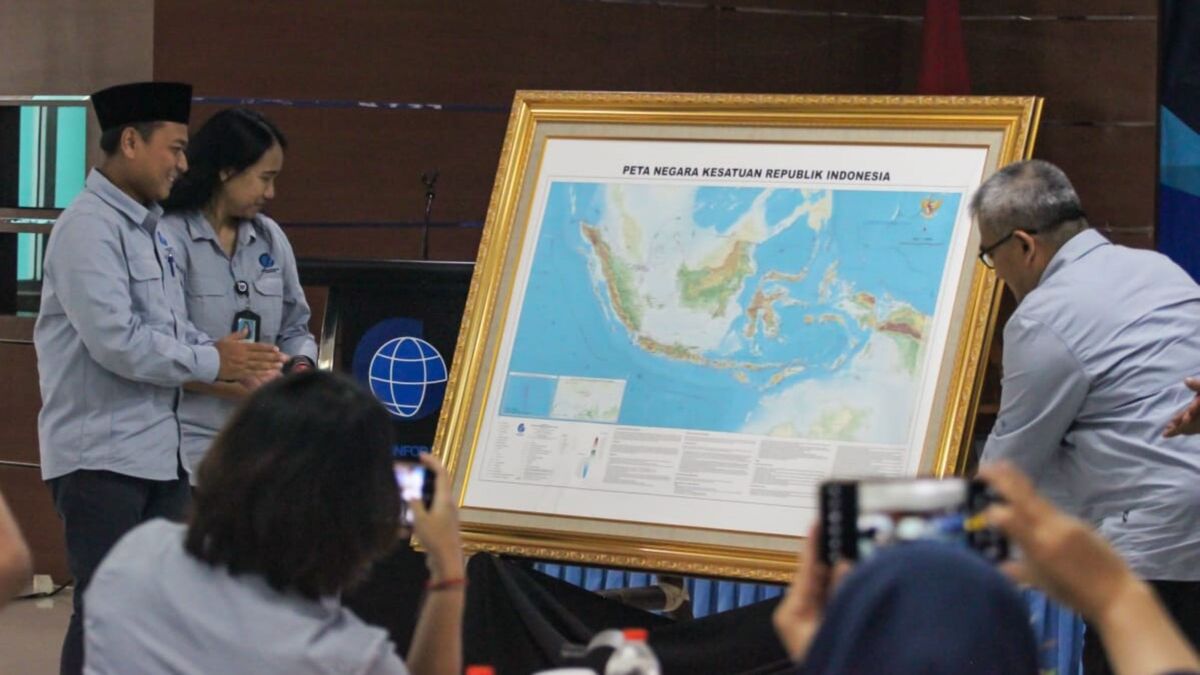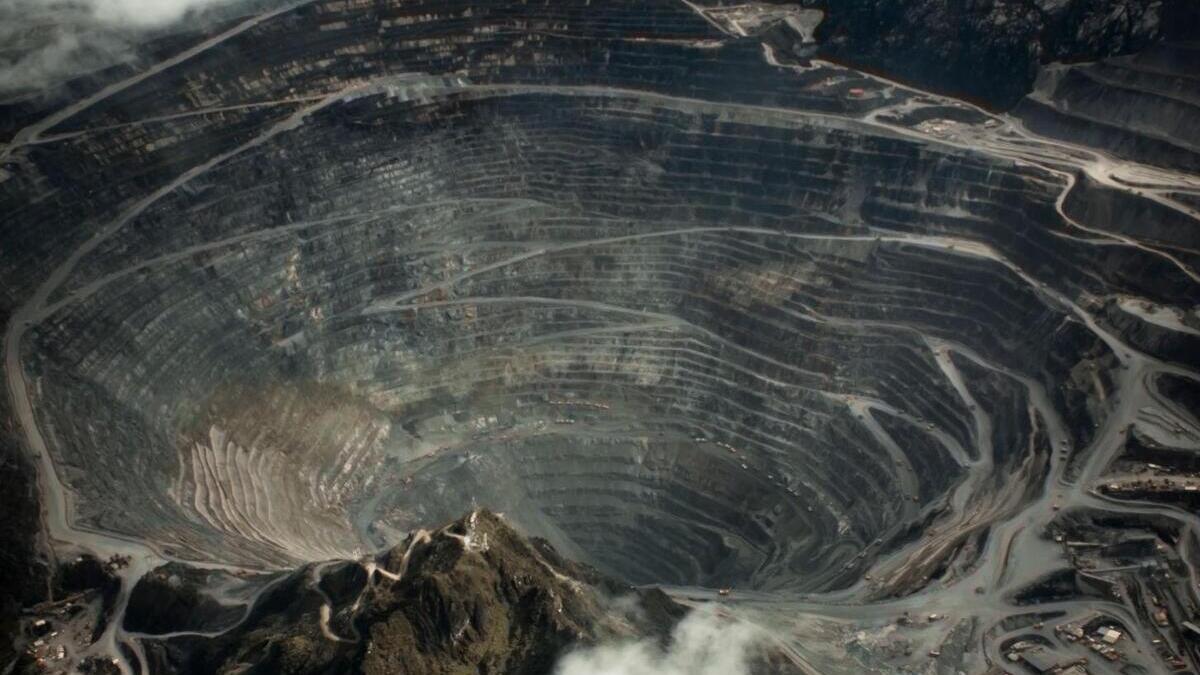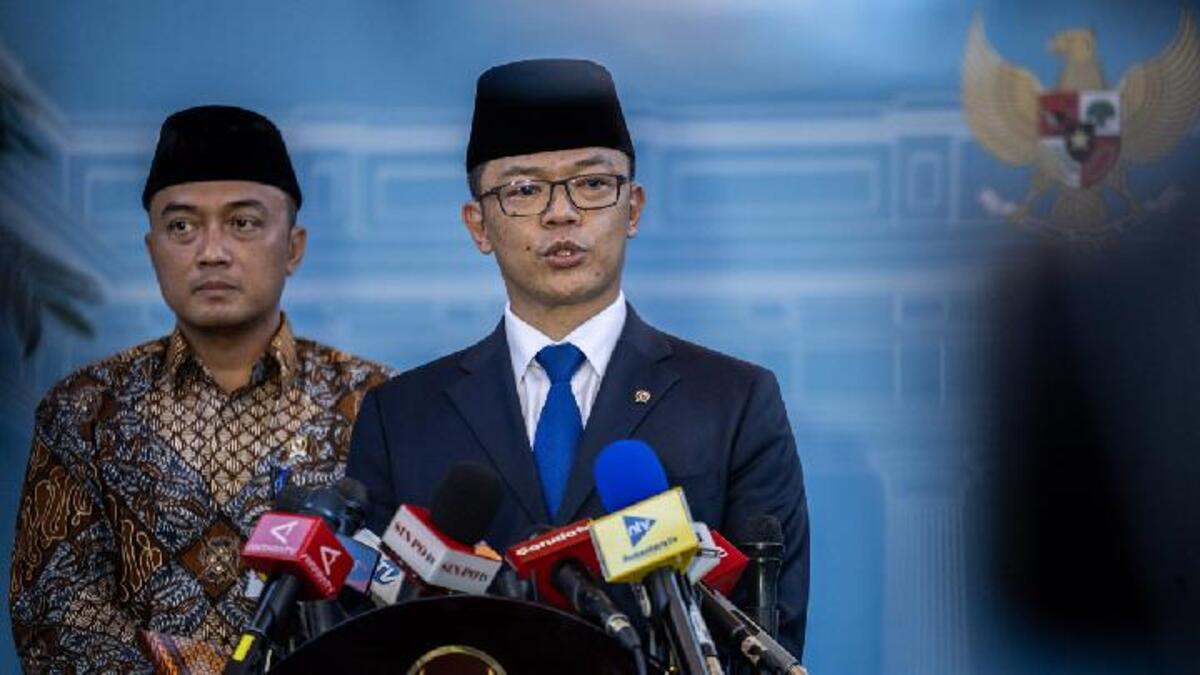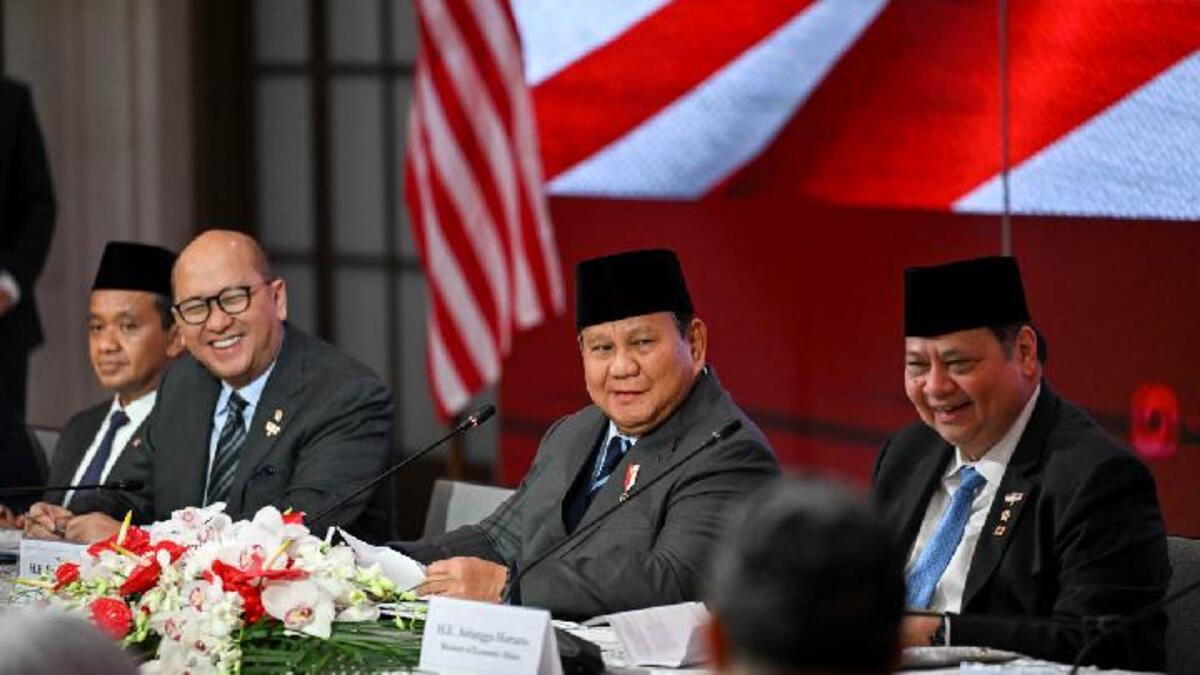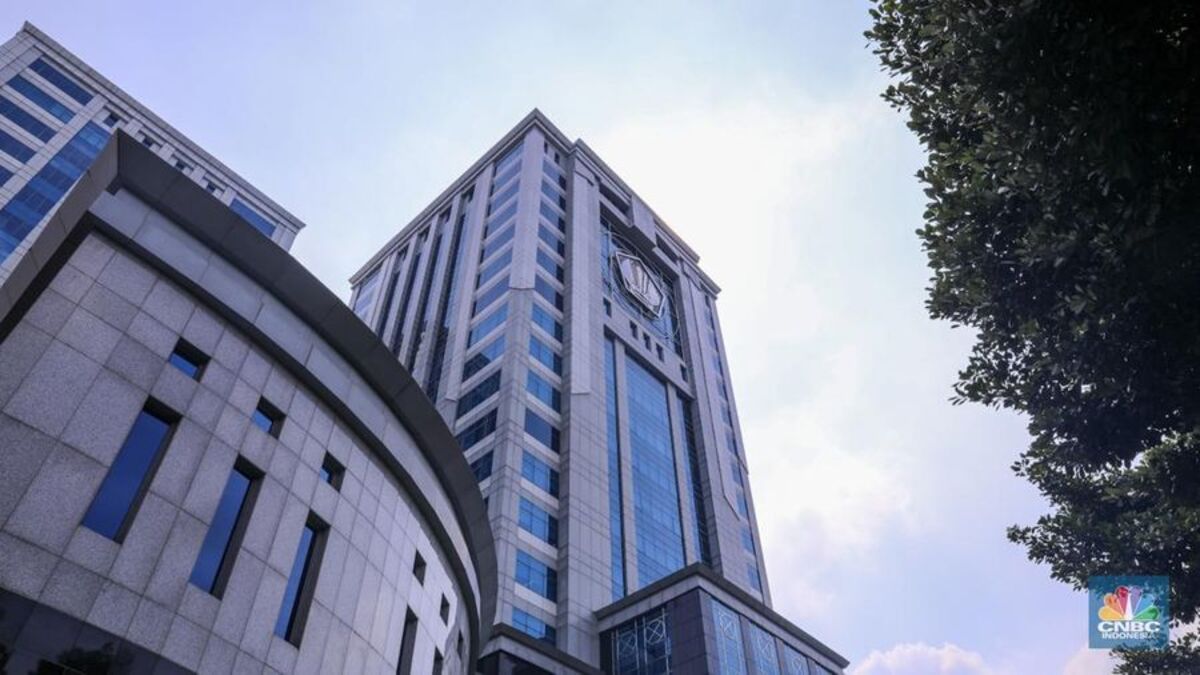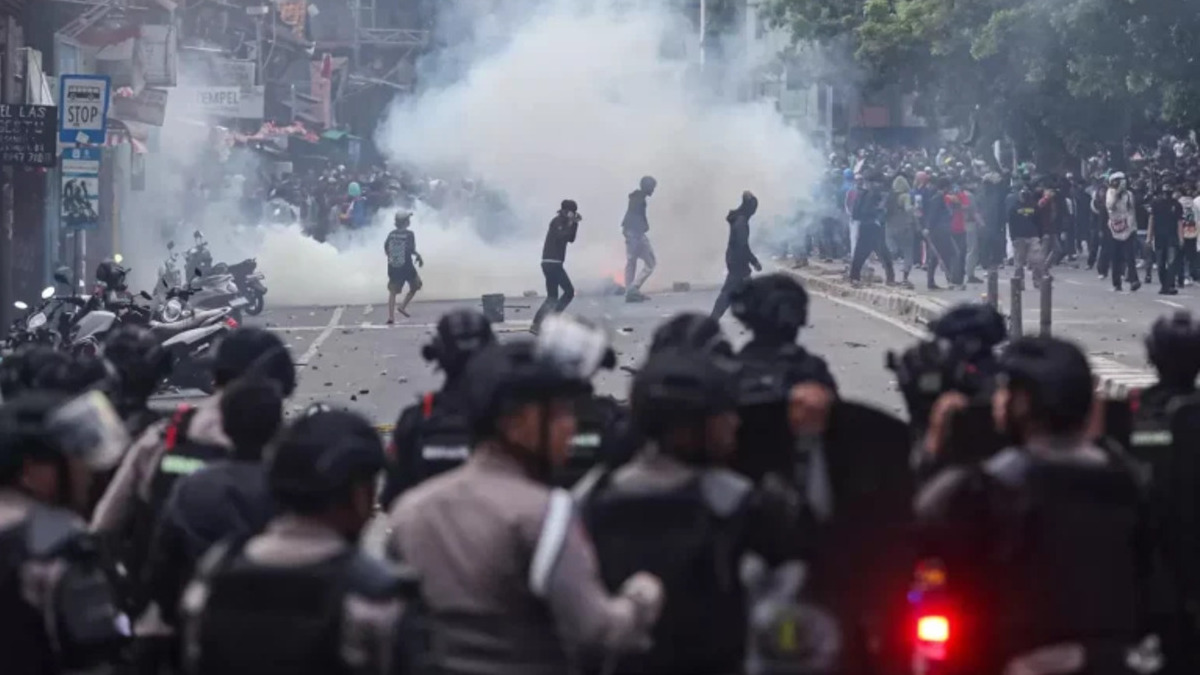Illegal mining in Indonesia’s future capital area exceeds 4,000 ha, NGOs call for systemic overhaul
Authorities report that over 4,000 hectares within the planned site for Nusantara — Indonesia’s new capital city in East Kalimantan — have been converted into illegal coal mines, while NGOs say the scale reflects a deeper failure of regulatory oversight.

- Over 4,000 hectares of forest within Indonesia’s new capital site, Nusantara, have been illegally mined for coal, with total environmental damage exceeding 13,000 hectares.
- NGOs, including Publish What You Pay (PWYP) Indonesia, criticised the government for weak oversight and urged reforms across the entire mining supply chain.
- Authorities have formed a joint task force to monitor and dismantle illegal mining operations, install surveillance posts, and begin land rehabilitation in affected areas.
Authorities in East Kalimantan have uncovered large-scale illegal mining operations within the boundaries of the Nusantara development zone, raising alarm about environmental damage, governance and the integrity of the new-capital project.
According to a press release by the Otorita Ibu Kota Nusantara (IKN Authority), its special task force identified 4,236 hectares of land that have been converted into illegal coal mines and a further 8,338 ha of land degraded by unlicensed plantations and land clearing.
In one notable incident, on 28 September 2025, seven trucks transporting illegally mined coal were intercepted near the Samboja-Balikpapan toll gate, a major access point to the new capital area.
The next day, investigators found stockpiles of “2,000-3,000 tonnes” of coal and white sand in the protected Bukit Tengkorak forest area in Sepaku sub-district.
Law-enforcement data shows that illegal coal-mining operations have been active in the area since at least 2016. According to a July 2025 statement from the Indonesian National Police, the state may have lost around Rp 5.7 trillion (approx. US$350 million) due to illegal extraction activities in the Nusantara and Bukit Soeharto Grand Forest Park areas.
Civil-society organisation Publish What You Pay Indonesia (PWYP Indonesia) has critised the government and regulators for repeated failures to monitor the mining sector. In a 20 July 2025 statement, PWYP researcher Adzkia Farirrahman said the case “is not just an incident, but a sign of weak government oversight in the mining and coal sector.”
PWYP further warned on 5 October 2025 that illegal activities in Nusantara were “rampant” and demanded that authorities cut the chain of illegal mining—both upstream (extraction) and downstream (transport, trade, sale).
In response, the IKN Authority has reaffirmed its commitment to action. The 29 September 2025 press release noted that a task force composed of police, military, the Ministry of Environment and Forestry, and local agencies had been formed to monitor, detect and dismantle illegal mining and associated forest encroachment.
Nevertheless, observers say the response remains behind the scale of the problem. The fact that the new capital city is being designed as a “forest city” — with only a quarter of the 252,000 hectare site intended for built development and the remainder to remain as green space — makes the losses of thousands of hectares particularly striking.
Environmental analysts warn of the broader consequences. The loss of forest cover and illegal mining pits pose risks to biodiversity, water retention, and the ecological integrity of a region meant to set a new benchmark for sustainable urban development.
“The IKN development is supposed to be a global-scale model for green planning,” said a representative of the IKN Authority, “but the damage detected is a serious warning.”
Legal and governance experts also highlight the challenge of enforcement: many illegal mining operations operate through front-companies, falsified documents or collusion. PWYP’s demand for “upstream to downstream” reform underscores that simply arresting operators without addressing the revenue chain may not suffice.
The IKN Authority and police say they are ramping up patrols, installing CCTV posts, and collaborating with local communities to monitor suspected illegal activities. But given the scale of land degradation, the task is complex and time-bound.
As Indonesia progresses with the construction of the new capital, the fight against illegal mining in Nusantara may become a key litmus test of the country’s environmental governance, resource-management reform and urban planning ambitions.


